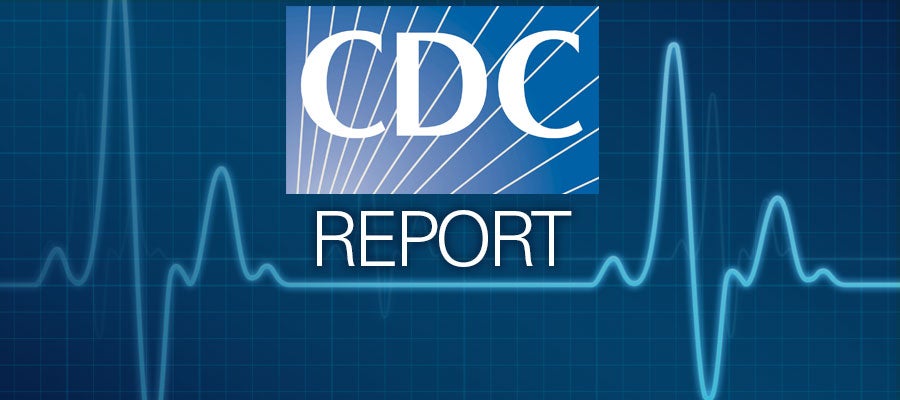
U.S. and other allied nations’ cybersecurity agencies urged software vendors to implement secure design practices and organizations to implement a centralized patch management system and apply timely patches, noting that malicious actors in 2022 most often targeted known vulnerabilities.








